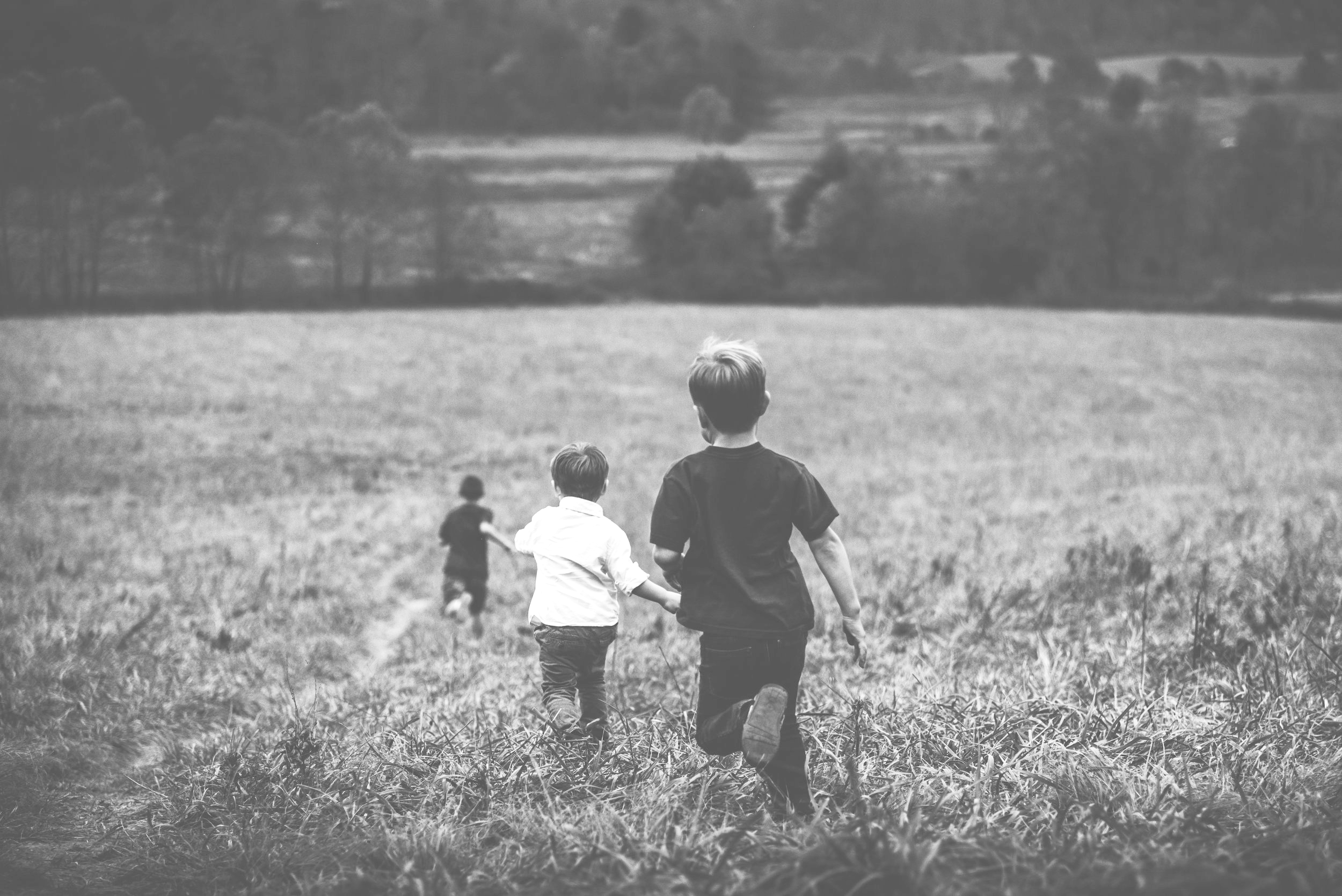“Mental health problems affect about 1 in 10 children and young people. They include depression, anxiety and conduct disorder, and are often a direct response to what is happening in their lives.
Alarmingly, however, 70% of children and young people who experience a mental health problem have not had appropriate interventions at a sufficiently early age.”

What we offer
As a school, you can choose which young people to refer to Ed Magee and why they are being referred. Ideally, Ed will then meet someone from their home context to get some background information. He will then work weekly with that young person for 10 weeks. Towards the end of that time Ed will give you a report explaining the type of work we have covered, a summary of his observations and recommendation for that young person. At that point, you may choose to request that he keep working with that young person or start with a different one.
The work is very play and child lead, using toys, games, arts and even sport.
The cost
Half day £100, allowing Ed to work with two children.
Full day £200, allowing Ed to work with five children
St John's, Dorking
“Child mental health is becoming a bigger issue in schools and hinders progression of children if not dealt with. Play Therapy [Ed Magee] gives focused support to our most vulnerable children; ensuring direct impact on Teaching and Learning. Without Play Therapy for two of our children in Y6 last year, they would not have reached the expected standard”
Would you recommend it?
Absolutely
How was it funded?
I used pupil premium funding and Notional SEN funding to fund the Play Therapy. The cost was then used as part of the childs support package when referring for an EHCP (statement) and able to feed into any social care involvement.
How did you justify the funding choice?
The direct impact on Teaching and Learning. Having experience of Play Therapy in my last school, I knew the huge impact it had with vulnerable children and this was the case in point with the children referred. Where previous low-level intervention did not work, the minute that Play Therapy [Ed Magee] was introduced learning started to click and accelerate.
M. Richard, Headteacher, St John's Dorking
OfStead's view
“Pupils’ personal development and welfare are promoted well. The Play therapist [Ed Magee] and individually planned support enable pupils who have previously found school difficult to thrive”
